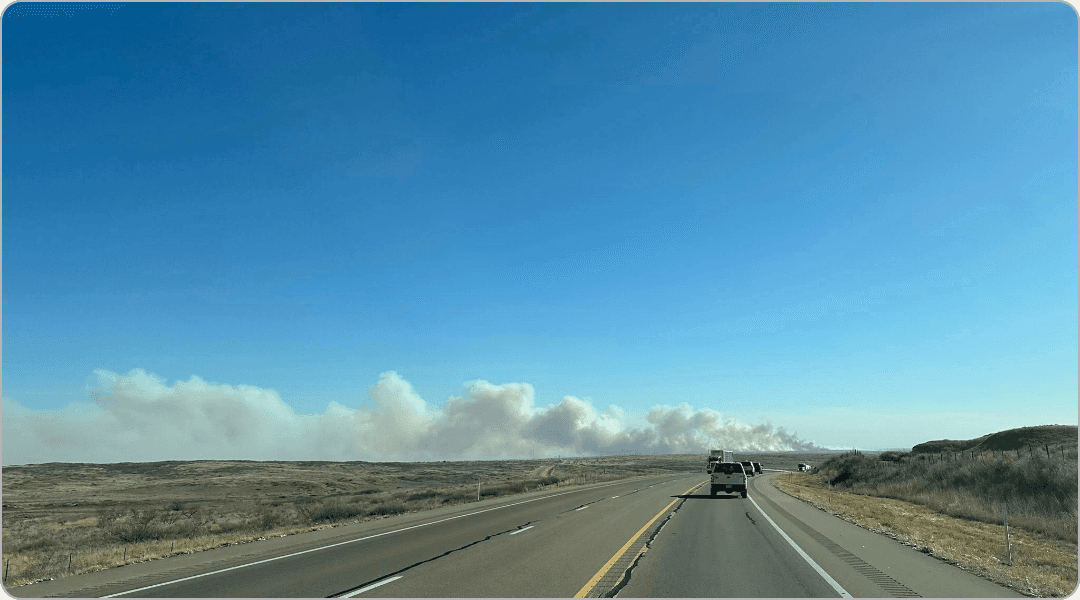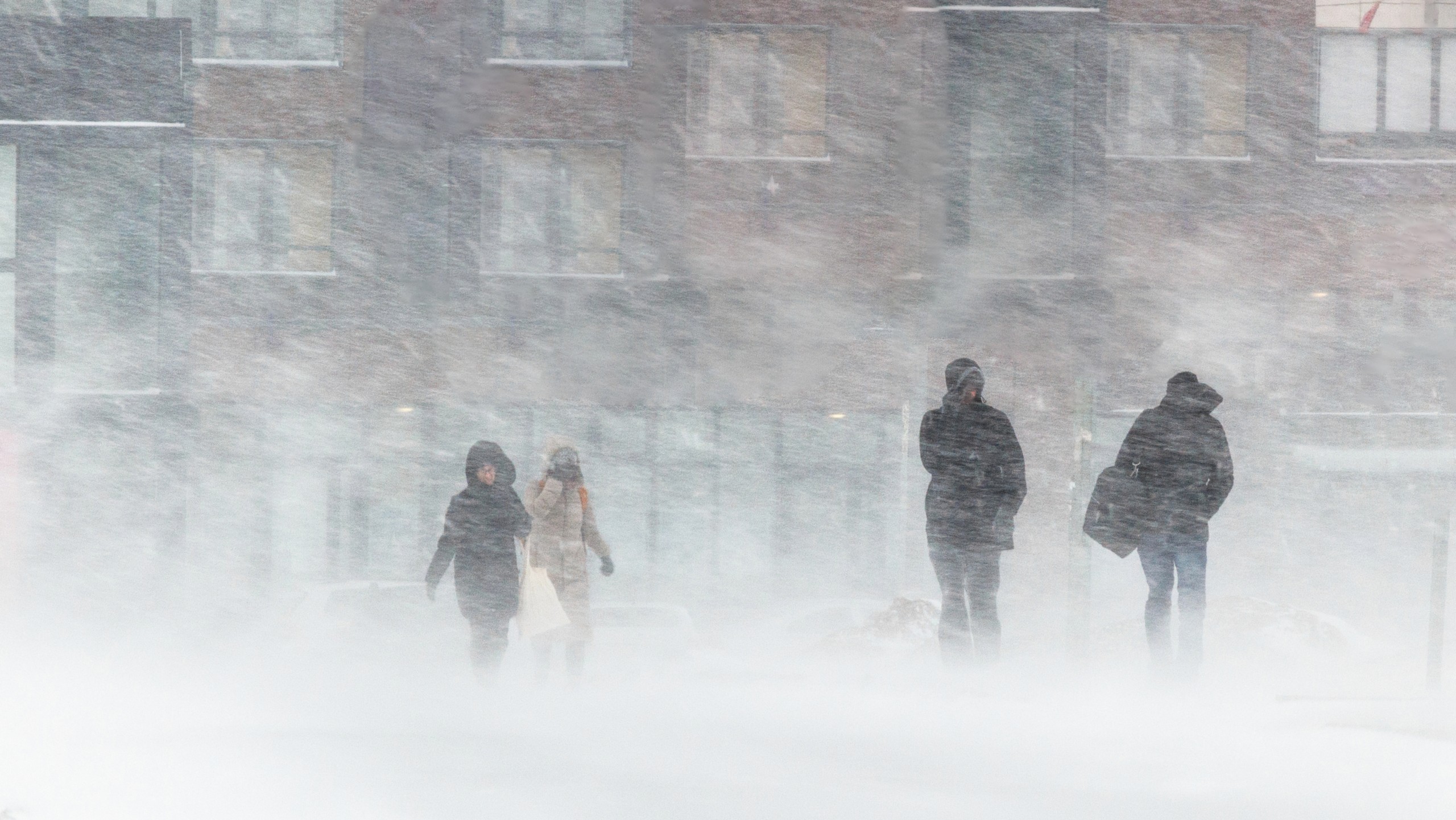Insurance
Recovery
The First Step To Fire Recovery: Call Your Insurance
Jan 10, 2025
If you’re a homeowner, calling insurance is the first thing you need to do after you’re safely evacuated from a fire and have a chance to take a breath. Although it can feel overwhelming just thinking about the next steps, this guide will walk you through exactly what to do when you call your insurance company. Don’t worry if you don’t know all the details yet: this is just the first step.
File your claim right away—even if you don’t know about damage yet.
Your insurance policy requires you to notify the carrier immediately if you think there may be damage, and there’s no penalty if you later need to close the claim because your house was spared.
More importantly, if you start a claim, you get access to any Loss of Use benefits you may have. In most insurance policies, your carrier has to cover expenses related to not being able to access your home because of a fire evacuation. You can get reimbursed for:
Temporary shelter - hotels or Airbnbs
Emergency medicine refills
Meals
Be sure to keep receipts for all these expenses so you can file them towards your claim.
What to say to the insurance company
Before you call, make sure you have a notebook or other way to take notes. Throughout this process, keeping a written record of what you’re told will be helpful.
Here’s a script for what to say when you call to open a claim:
Hi. My name is ______ and my policy number is ________. My home is in the [Fire Name] burn area and we were required to evacuate. I’d like to open a claim. We don’t know how much damage there is yet.
Ask for a claim number if they do not offer it to you proactively, and write it down.
Note: In rare cases, they may ask you to call back once the damage is confirmed. If they do, ask how, if at all, you’re able to access Loss of Use benefits to cover your mandatory evacuation.
Ask for a certified copy of your policy
There’s one more thing you need to get: a certified copy of your policy. There’s two reasons to ask for this document, even though it may take up to 30 days to arrive (make sure to give the insurance company your temporary mailing address!)
You may think you’ve seen your full insurance policy, but it’s likely you’ve only actually read what’s called the ‘declarations page’, which is a short summary of benefits that you might see in an insurance carrier’s app. The full policy may have two useful things inside:
Hidden benefits you wouldn’t know to ask for. Example: some policies will give you an extra 5% in your claim for “trees, shrubs, and landscaping”—but only if you know to ask.
Legally mandated adjustments to your policy that are specific to your state. In the state of California there are a lot of these. It’s worth looking at your full policy to figure out what’s there.
There’s another reason to get a certified copy of your policy. In the case that you decide the offer you receive from your insurance company is insufficient, you’ll need legal documentation of your benefits for court. A certified copy of the full policy is the best possible document to use in this context. Later, you can provide it to a public adjuster, attorney, FEMA, and any other groups that might be helping you navigate your recovery.
If your home isn’t a total loss: get insurance to help with emergency services
This is only relevant if your home was damaged but not completely destroyed. If so, you may be able to get some help right now to prevent further damage.
“Emergency services” is an industry term that refers to dealing with any parts of your property that need immediate attention to avoid more losses. For example, if a burning ember damaged your roof, but the rest of your home is still standing, you would use emergency services to get a tarp put over your roof. This is because you may be liable for any further damage that happens after the fire is over, unless you prove that you took steps to mitigate it.
Between exposure to hazardous materials, structural instability, and other issues you could encounter on your property, emergency services after a fire can be very dangerous, so it’s important to find a licensed and insured contractor to help you. That’s where your insurance company may be able to help if you ask—they often have trusted contractors they work with directly who can provide emergency services and bill your insurance company directly—which means that you don’t have to pay them out of pocket and wait to get reimbursed.
What to do next
If you’ve filed your claim and you’re still eager to do something useful, you can:
Ask for mortgage forbearance
Apply to pause property taxes
Apply for FEMA assistance
Start documenting your belongings and property to make a successful insurance claim.
Need help managing your recovery? We're here to support you. Text 1-775-477-4400 or schedule a call directly.




